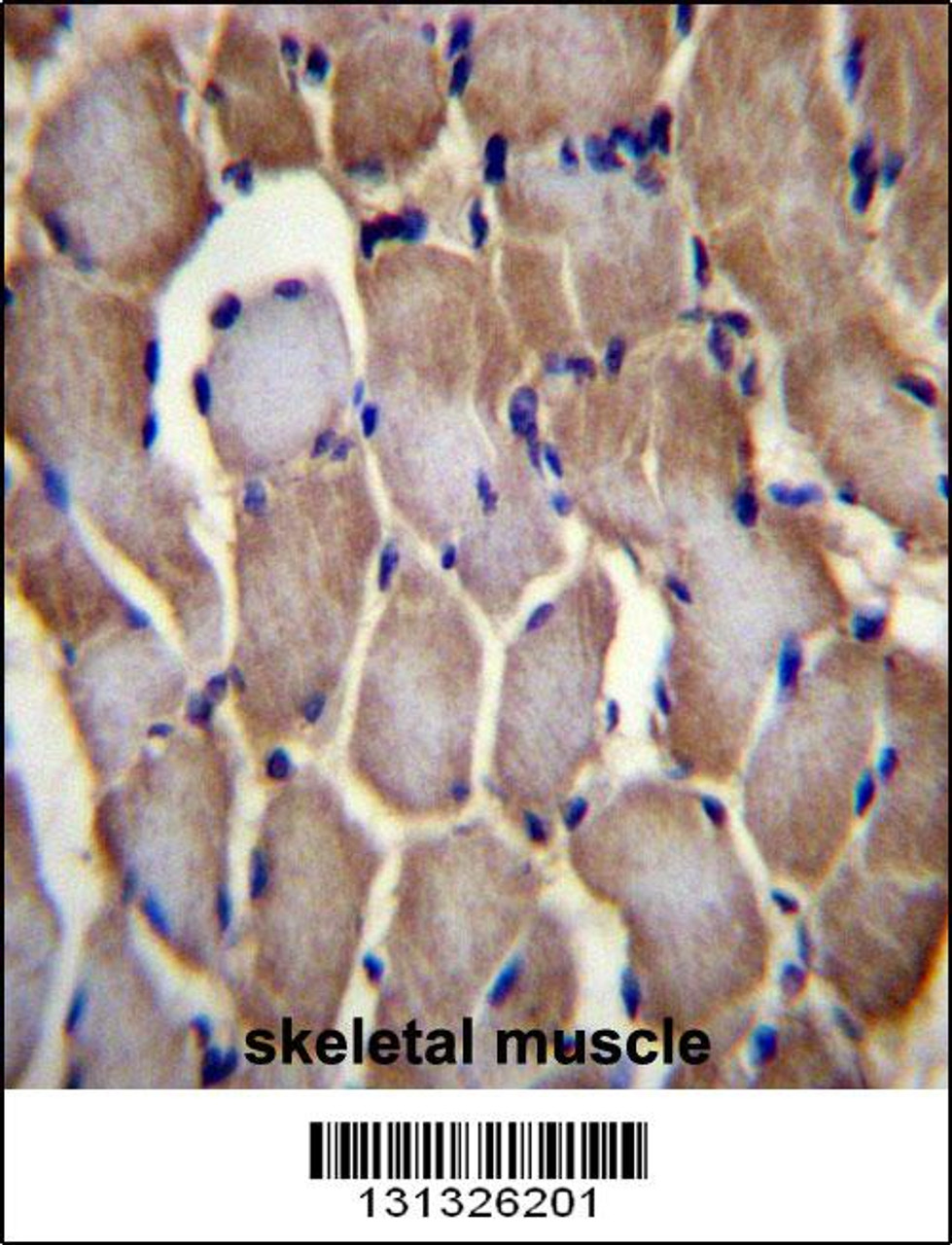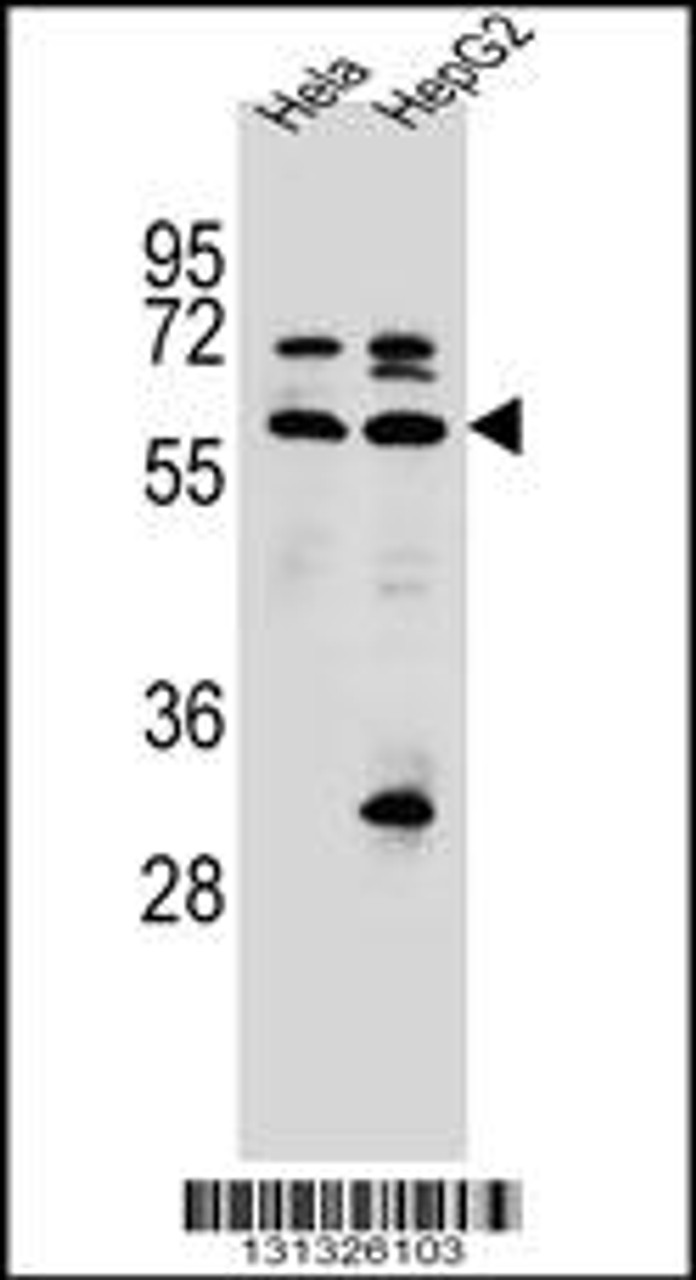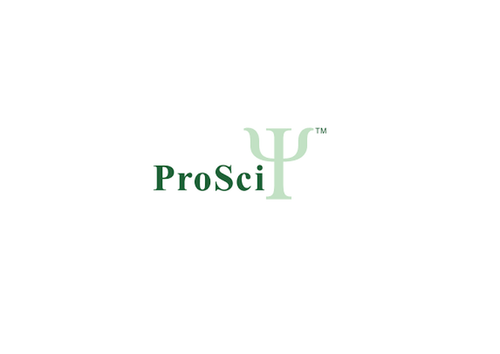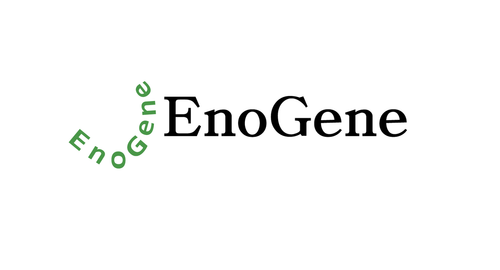Product Description
SEPN1 Antibody | 56-434 | ProSci
Host: Rabbit
Reactivity: Human
Homology: N/A
Immunogen: This SEPN1 antibody is generated from rabbits immunized with a KLH conjugated synthetic peptide between 417-445 amino acids from the C-terminal region of human SEPN1.
Research Area: Other
Tested Application: WB, IHC-P
Application: For IHC-P starting dilution is: 1:10~50
For WB starting dilution is: 1:1000
Specificiy: N/A
Positive Control 1: N/A
Positive Control 2: N/A
Positive Control 3: N/A
Positive Control 4: N/A
Positive Control 5: N/A
Positive Control 6: N/A
Molecular Weight: 66 kDa
Validation: N/A
Isoform: N/A
Purification: This antibody is purified through a protein A column, followed by peptide affinity purification.
Clonality: Polyclonal
Clone: N/A
Isotype: Rabbit Ig
Conjugate: Unconjugated
Physical State: Liquid
Buffer: Supplied in PBS with 0.09% (W/V) sodium azide.
Concentration: batch dependent
Storage Condition: Store at 4˚C for three months and -20˚C, stable for up to one year. As with all antibodies care should be taken to avoid repeated freeze thaw cycles. Antibodies should not be exposed to prolonged high temperatures.
Alternate Name: Selenoprotein N, SelN, SEPN1, SELN
User Note: Optimal dilutions for each application to be determined by the researcher.
BACKGROUND: This gene encodes a selenoprotein, which contains a selenocysteine (Sec) residue at its active site. The selenocysteine is encoded by the UGA codon that normally signals translation termination. The 3' UTR of selenoprotein genes have a common stem-loop structure, the sec insertion sequence (SECIS) , that is necessary for the recognition of UGA as a Sec codon rather than as a stop signal. Mutations in this gene cause the classical phenotype of multiminicore disease and congenital muscular dystrophy with spinal rigidity and restrictive respiratory syndrome. Two alternatively spliced transcript variants encoding distinct isoforms have been found for this gene.
 Euro
Euro
 USD
USD
 British Pound
British Pound
 NULL
NULL












